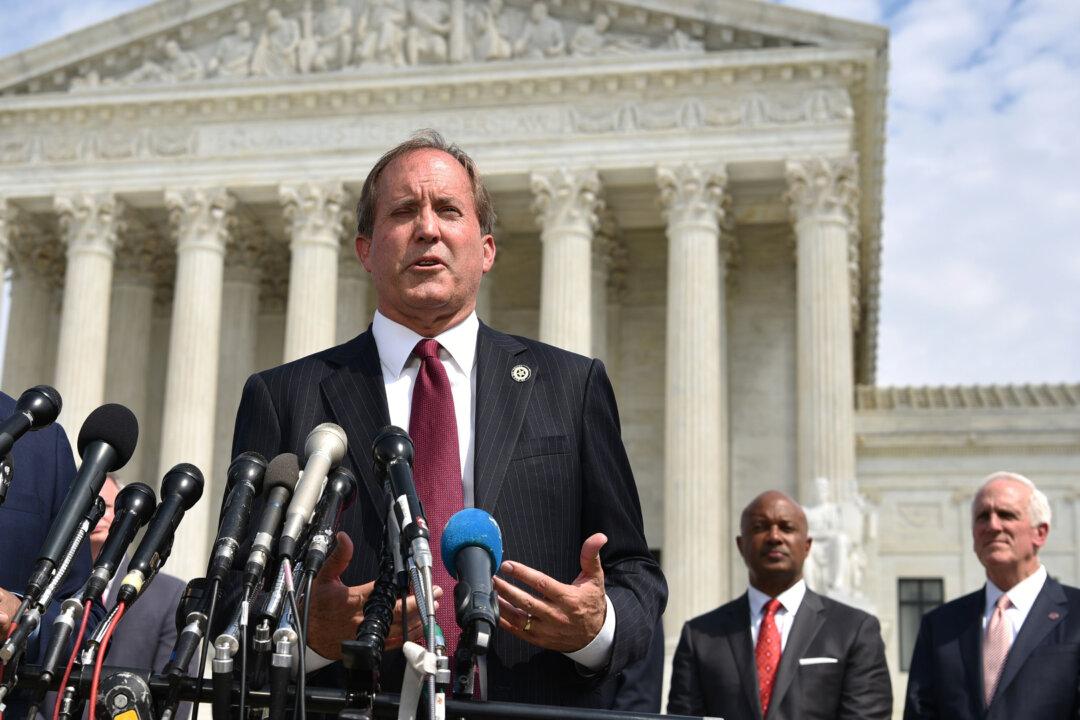The Texas Heartbeat Act, a law that bans most abortions, is temporarily back in effect after the Fifth Circuit Court of Appeals granted a request by the state to set aside a lower court judge’s decision while the case is reviewed.
The Texas law, also known as Senate Bill 8, bans abortions after a heartbeat is detected, which is usually around six weeks, unless a medical emergency exists.




